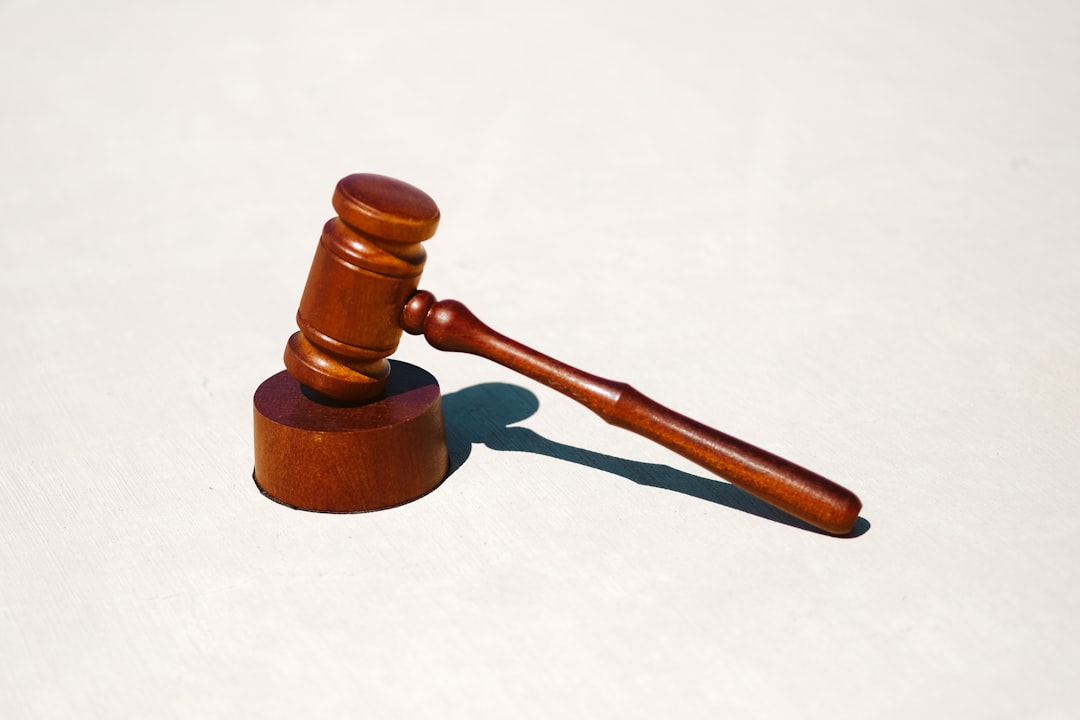Robocalls have become a critical aspect of political communication in Utah, but their prevalence raises concerns about consumer protection and free speech. Robocall attorneys in Utah play a vital role by guiding campaigns through complex legal territory, ensuring compliance with the Telephone Consumer Protection Act (TCPA) and other regulations. These experts help navigate the balance between protecting consumers' rights and fostering robust political expression, including advising on message content, consent mechanisms, and frequency restrictions. By adhering to these strategies, robocall attorneys Utah ensure legal compliance while preserving free speech rights in Utah's competitive election landscape.
In Utah, as across the nation, political robocalls have become a ubiquitous—yet contentious—aspect of campaign strategy. Balancing free speech rights with consumer protection is a delicate act, especially in an era where automated calls can reach millions in minutes. This article explores the legal framework governing robocalls in Utah, delves into the conflicting interests of free political expression and consumer protection, and provides insights for robocall attorneys navigating these complex waters during state elections.
Understanding Robocalls and Their Legal Framework in Utah

Robocalls, automated phone calls that deliver pre-recorded messages, have become a ubiquitous feature in modern political campaigning. In Utah, as in many other states, these calls play a significant role in engaging voters and disseminating information about candidates and issues. However, the rise of robocalls has also sparked debates about consumer protection and the balance between free speech rights. The legal framework surrounding robocalls is governed by both state and federal laws, including the Telephone Consumer Protection Act (TCPA) and Utah’s specific regulations.
Robocall attorneys in Utah are instrumental in navigating this complex landscape, ensuring that political campaigns comply with relevant laws while protecting their ability to communicate effectively. These attorneys help clients understand when and how robocalls can be used legally, avoiding potential fines and negative consequences. By staying informed about the evolving legal standards, robocall attorneys enable their clients to engage in robust political discourse while respecting consumers’ privacy and rights.
The Role of Free Speech in Political Communication

Free speech is a cornerstone of democratic societies, and political communication, including robocalls, falls under this protection. In the context of Utah and beyond, the right to express political views and engage with voters is recognized as an essential aspect of civic participation. Robocalls, when used responsibly, serve as a powerful tool for candidates and political organizations to convey their messages, share their platforms, and connect with constituents. This form of communication enables wide-reaching access, allowing politicians to reach a vast number of potential supporters in a cost-effective manner.
However, while free speech is paramount, it doesn’t exist in isolation. Consumer protection laws are in place to safeguard individuals from deceptive or harassing practices, especially when it comes to political robocalls. Utah, like many states, has regulations in place to ensure that these automated calls respect the privacy and autonomy of recipients. Robocall attorneys in Utah play a vital role in navigating this balance, advising clients on constitutional rights, compliance with consumer protection laws, and ethical marketing strategies to ensure political communication remains both free and responsible.
Consumer Protection Measures Against Deceptive Robocalls

In the face of increasing numbers of deceptive robocalls, consumer protection measures have become a critical aspect of preserving the integrity of political communication in Utah. While free speech is a fundamental right, it does not extend to misleading or fraudulent practices. Robocall attorneys Utah play a crucial role in navigating this delicate balance by helping both consumers and political campaigns understand their legal rights and responsibilities.
These measures include stringent regulations against fake numbers, automatic hang-ups, and pre-recorded messages that mislead recipients about the purpose of the call. Consumers are empowered to take action by reporting suspicious calls, which helps law enforcement and regulatory bodies track and penalize culprits. Moreover, political campaigns in Utah must adhere to specific guidelines to ensure their robocalls provide accurate information, thereby fostering transparency and trust among voters.
Strategies for Robocall Attorneys to Navigate This Balance in Utah Elections

Robocall attorneys in Utah face a delicate task when advocating for both free speech and consumer protection during political campaigns. To navigate this balance, legal professionals must stay informed about the state’s election laws, particularly regarding robocalls. A key strategy is to carefully craft messages that fall within permissible boundaries, ensuring they are not misleading or invasive of privacy. Robocall attorneys can also educate candidates and campaign managers about best practices, emphasizing the importance of clear consent and opt-out mechanisms.
Moreover, these attorneys should encourage clients to focus on delivering valuable information rather than sheer volume. By prioritizing content over frequency, robocall campaigns can maintain their legitimacy while respecting Utah’s consumer protection measures. Effective communication with regulatory bodies and staying updated on legal precedents related to robocalls are additional tools that robocall attorneys can use to ensure compliance and protect free speech rights in the competitive Utah elections landscape.






